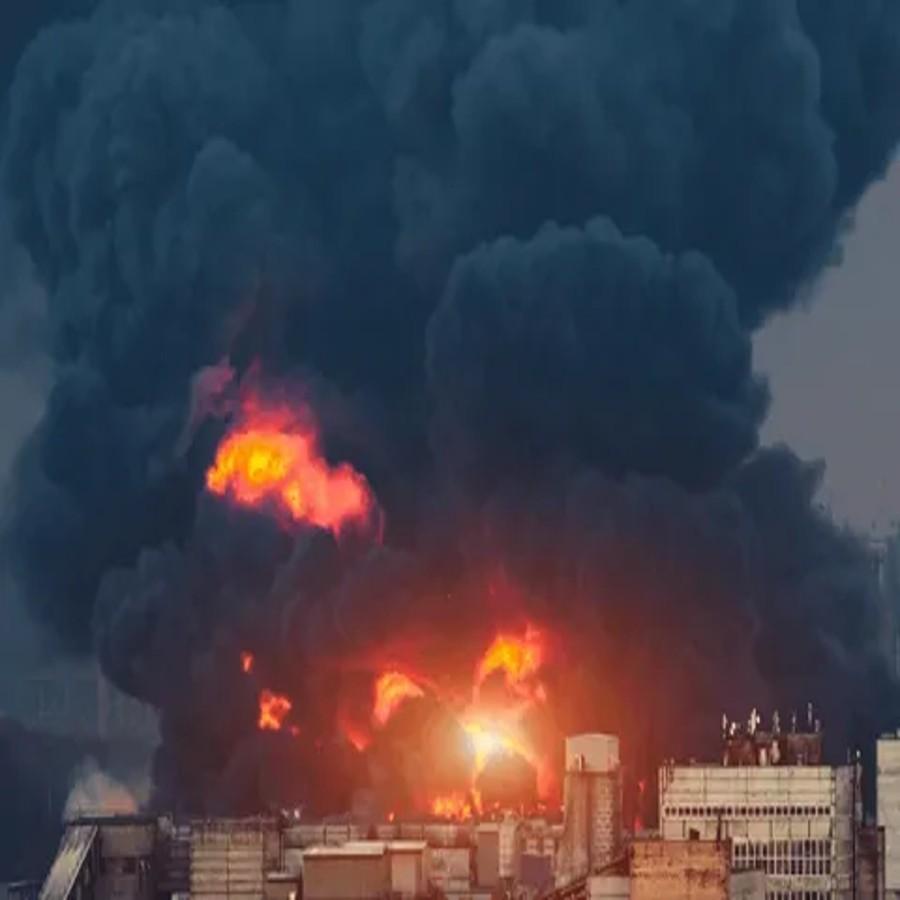Industrial Explosives: Powering Construction Projects Globally

Classification and Usage of Different Types of Explosives
There are various types of industrial explosives which are classified based on their usage and effectiveness. Some of the major explosive materials used in construction activities are discussed below:
Nitrated Hydrocarbon Explosives: Nitrated hydrocarbon explosives like TNT (Trinitrotoluene) are highly effective and have good water resistance. They are primarily used for tasks like rock fragmentation during mining operations. TNT possesses good detonating quality and is safe to use.
Ammonium Nitrate Explosives: Industrial Explosives composed of ammonium nitrate and fuel oil (ANFO) are economical and have high energy output. Being non-detonating, ANFO is generally used as a blasting agent where not much confinement is required. It finds applications in large scale blasting works like quarrying.
Blasting Caps and Detonators: Detonators or blasting caps are essential for the initiation of larger explosive charges in controlled detonation. Detonators contain a small PETN or tetryl booster charge which is highly sensitive to detonation. They are inserted into the main explosive charge to trigger an explosion.
Emulsions: These are a mixture of oxidizers like ammonium nitrate and fuel in an emulsion/gel form. Emulsion explosives don't require extensive preliminary work as ANFO and provide good performance. They have wide utility in construction, mining, and demolition works.
Usage Procedure and Safety Precautions
Usage of industrial explosives is a technical process involving several safety steps:
- Proper assessment of rock/material strength and structure is done to determine explosive requirements.
- Holes are drilled at calculated spacing and depth for loading the explosives.
- Explosives are packed without voids and tamped well inside the holes.
- Detonating cords with connectors and detonators are threaded through the charge holes.
- After connecting all detonating cords to a single non-electric detonator, the firing zone is cordoned off.
- Warning alarms are given before the main detonation.
- After the blast, the site is checked for any unexploded explosives before permitting entry.
- Strict licensing and supervision guidelines are followed during transportation, handling and usage of these dangerous materials.
Proper blasting techniques help achieve desired fragmentation in a safe manner. Ignoring safety norms can have grave repercussions like collateral damage or accidental detonation.
Applications in Construction Projects
Some key applications of industrial explosives in construction activities include:
- Blasting at quarry sites - Explosives aid in loosening and extracting blocks of stones, sand, gravel and other aggregates from quarries.
- Land development - Large scale demolition and fragmentation of rocks paves the way for leveling land to develop sites for construction.
- Foundation works - Accurate blasting breaks hard rock to excavate trenches and lay foundations for bridges, buildings, and other structures.
- Tunnelling - Controlled blasting using chemical explosives helps bore through tough terrain to construct road and railway tunnels.
- Mining - Blasting operations play a major role in surface and underground mining of minerals and ores.
- Demolition - Structured demolition of buildings, bridges, and other civil infrastructures requires careful planning and execution using industrial explosives.
With the constant growth of global infrastructure, the demand and usage of commercial explosives in intensive construction activities shall continue increasing in the coming years. Strict adherence to safety standards will be critical for safe operations across different industry verticals.
Get more insights on, Industrial Explosives
For Deeper Insights, Find the Report in the Language that You want.
About Author:
Money Singh is a seasoned content writer with over four years of experience in the market research sector. Her expertise spans various industries, including food and beverages, biotechnology, chemical and materials, defense and aerospace, consumer goods, etc. (https://www.linkedin.com/in/money-singh-590844163)
- Art
- Causes
- Crafts
- Dance
- Drinks
- Film
- Fitness
- Food
- Jogos
- Gardening
- Health
- Início
- Literature
- Music
- Networking
- Outro
- Party
- Religion
- Shopping
- Sports
- Theater
- Wellness
- IT, Cloud, Software and Technology


